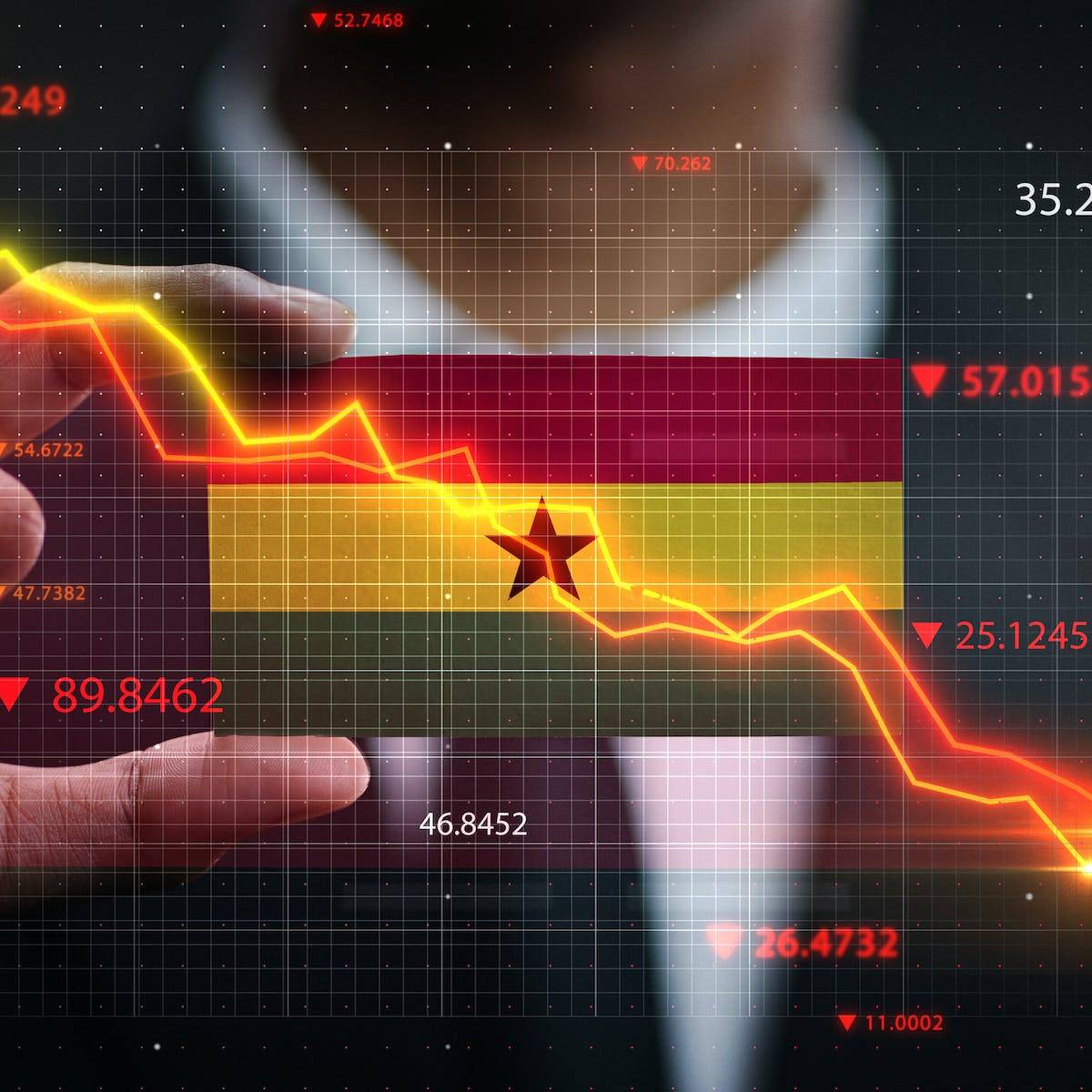Ghana, a lower-middle-income country in West Africa, has witnessed a significant increase in its debt profile in recent years. According to the IMF, the country's debt-to-GDP ratio was projected to reach 76% by the end of 2020. This means that the government's debt was around three-quarters of its total economic output, posing significant challenges to sustainable development and economic growth.
The current debt situation in Ghana is attributed to various factors, including the country's historically high fiscal deficit, infrastructure needs, and the COVID-19 pandemic's impact on the economy. The government's expenditure on infrastructure projects such as roads, railways, and ports has also contributed significantly to the rising debt burden.
However, the impact of the increased debt on the economy has been overwhelming. Ghana has experienced high inflation rates, high interest rates, and currency depreciation. Additionally, the country's revenue base has been weak, and domestic borrowing has increased, which has led to high-interest rates and crowding out private investments.
The government has implemented several interventions to address the debt situation, such as austerity measures, domestic revenue mobilization, and reducing public sector wages. The IMF has also recommended that the government should prioritize medium-term fiscal consolidation and increase domestic revenue mobilization to contain the increasing debt levels.
While cutting down on expenditure and increasing revenue generation may help address the country's current debt situation, the long-term solutions may require more profound economic reforms. These include improving the country's investment climate, improving governance, reducing corruption, and building the private sector's capacity to contribute significantly to the economy.
Moreover, the government must prioritize investments in the productive sectors of the economy, such as agriculture, industry, and services, to drive economic growth and create job opportunities. This will help to reduce poverty, inequality, and social vulnerabilities, contributing to long-term sustainable development.
In conclusion, Ghana's debt situation requires significant attention, and it would be difficult to attain sustainable economic growth without addressing the problem. The government needs to take bold actions to reduce the country's debt, increase revenue mobilization, and promote sustainable development. It is time for Ghana to shift its focus from just managing the debt to investing in sectors that can drive economic growth and development.




No comments yet
Be the first to share your thoughts!